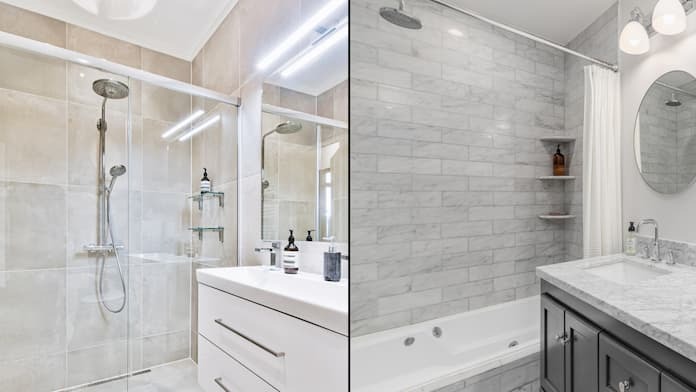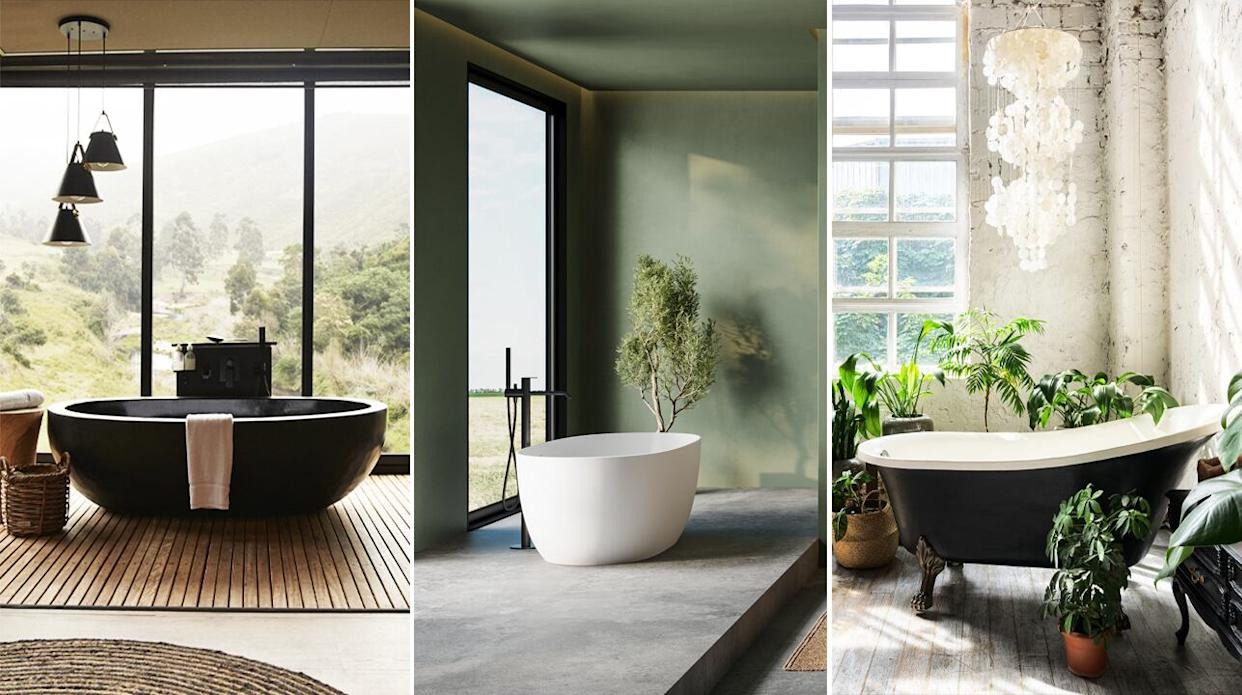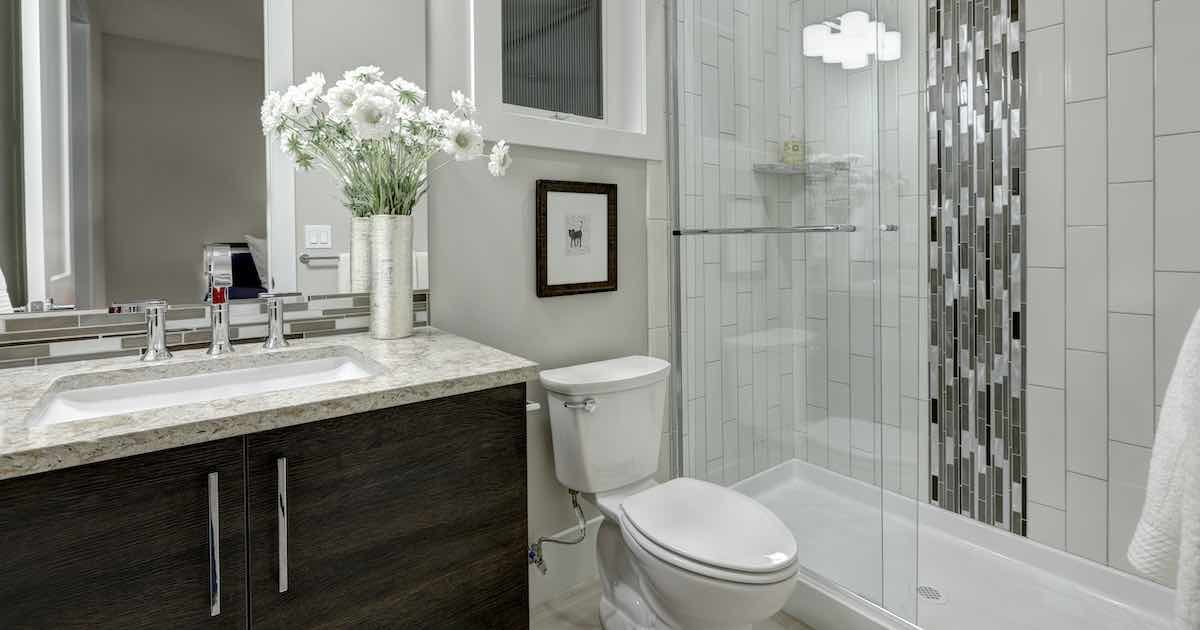Designing Your Oasis: Custom Bathroom Remodeling Contractor
A custom bathroom remodeling contractor is a professional who specializes in transforming bathrooms into personalized, functional, and aesthetically pleasing spaces tailored to a homeowner’s needs. Unlike general contractors, these experts focus exclusively on bathroom projects, offering bespoke designs, high-quality materials, and precise craftsmanship. Whether you’re dreaming of a spa-like retreat or a practical family bathroom, they guide you through the process—from concept to completion. Their expertise ensures your vision aligns with structural realities, local codes, and budget constraints. By combining creativity with technical know-how, they create spaces that elevate daily routines into moments of comfort and luxury. This article answers common questions about hiring and working with these specialists, providing insights to help you craft your ideal bathroom.
Key Questions About Custom Bathroom Remodeling
What Does a Custom Bathroom Remodeling Contractor Do?
Snippet Answer: A custom bathroom remodeling contractor designs and builds personalized bathrooms, handling everything from layout planning to material selection and installation.
These professionals are more than just builders—they’re visionaries who bring your ideas to life. They start by assessing your space, discussing your goals, and creating a tailored design. This might include reconfiguring layouts, installing custom vanities, or integrating smart fixtures. They coordinate all aspects of the project, including plumbing, electrical work, tiling, and finishing touches. Their role also involves securing permits, ensuring compliance with local building codes, and managing timelines. By working closely with you, they balance aesthetics with functionality, delivering a bathroom that reflects your style while meeting practical needs. For example, they might suggest a walk-in shower for accessibility or heated floors for added comfort, ensuring every detail aligns with your lifestyle.
How Do You Choose the Right Custom Bathroom Remodeling Contractor?

Snippet Answer: Choose a contractor with experience, positive reviews, proper licensing, and a portfolio that matches your style. Always verify references and get detailed quotes.
Selecting the right contractor is critical to a successful remodel. Start by researching local professionals with a proven track record in bathroom projects. Check online reviews on platforms like Yelp or Houzz, but don’t stop there—ask for references and speak directly to past clients. A strong portfolio showcasing diverse designs, from modern minimalist to classic elegance, indicates versatility. Ensure they’re licensed, insured, and familiar with your area’s building codes. Request detailed quotes from at least three contractors, comparing not just cost but also scope of work and timelines. Look for transparency in communication; a good contractor listens to your needs and offers creative solutions. For instance, if you want a vintage clawfoot tub, they should know how to source one and handle the plumbing challenges it presents. Trust your instincts—if something feels off during consultations, keep looking.
What Are the Benefits of Hiring a Specialized Bathroom Contractor?
Snippet Answer: Specialized contractors offer expertise in bathroom-specific design, plumbing, and codes, ensuring high-quality, efficient, and customized results.
Unlike general contractors, bathroom specialists bring focused expertise to the table. They understand the unique challenges of bathroom renovations, such as moisture management, ventilation, and space constraints. Their knowledge of plumbing and electrical systems ensures seamless integration of features like rainfall showers or underfloor heating. They’re also well-versed in the latest trends, from eco-friendly fixtures to smart mirrors, helping you make informed choices. Because they focus solely on bathrooms, they often have established relationships with suppliers, potentially saving you money on high-end materials like marble or custom tiles. Their experience also means fewer mistakes, reducing costly delays. For example, a specialist will know how to properly waterproof a shower area to prevent leaks, a common issue in DIY or general contractor projects. Ultimately, their precision and attention to detail create a bathroom that’s both beautiful and durable.
How Much Does a Custom Bathroom Remodel Cost?
Snippet Answer: Custom bathroom remodels typically cost $10,000–$30,000, depending on size, materials, and labor. High-end projects can exceed $50,000.
The cost of a custom bathroom remodel varies widely based on factors like location, project scope, and material choices. A small powder room with basic upgrades might start at $10,000, while a luxurious master bath with custom cabinetry and high-end fixtures can easily top $50,000. Labor typically accounts for 40–60% of the budget, with materials and permits making up the rest. For example, choosing porcelain tiles over natural stone or a standard vanity over a custom-built one can significantly lower costs. Contractors provide detailed estimates, breaking down expenses for demolition, plumbing, electrical, and finishes. Unexpected issues, like outdated wiring or water damage, can increase costs, so a contingency fund of 10–20% is wise. To manage expenses, prioritize must-haves (like a new shower) over nice-to-haves (like a bidet). Always discuss cost-saving options with your contractor without compromising quality.
| Project Type | Estimated Cost | Key Features |
|---|---|---|
| Small Bathroom | $10,000–$15,000 | Basic fixtures, standard tiles, single vanity |
| Mid-Range Bathroom | $15,000–$30,000 | Custom vanity, upgraded tiles, walk-in shower |
| Luxury Bathroom | $30,000–$50,000+ | High-end materials, smart fixtures, heated floors |
What Should You Expect During the Remodeling Process?
Snippet Answer: Expect a 4–12 week process involving consultation, design, demolition, construction, and finishing, with clear communication throughout.
The remodeling process begins with a consultation where the contractor assesses your space and discusses your vision. They’ll create a design plan, often using 3D renderings to help you visualize the outcome. Once approved, demolition kicks off, removing old fixtures, tiles, or walls as needed. This phase can be messy, so expect some disruption, especially if the bathroom is your only one. Next comes construction, including plumbing, electrical, and structural work, followed by installation of fixtures, tiles, and cabinetry. The timeline depends on complexity—a simple refresh might take 4–6 weeks, while a full gut renovation could take 10–12 weeks. Your contractor should provide a detailed schedule and regular updates. Be prepared for unexpected hiccups, like supply chain delays or hidden water damage. Clear communication ensures you stay informed, and a good contractor will minimize stress by keeping the site clean and safe.
How Can You Personalize Your Bathroom Design?
Snippet Answer: Personalize your bathroom with custom fixtures, unique tiles, smart technology, and layouts that reflect your lifestyle and taste.
Customization is where your bathroom becomes your oasis. Work with your contractor to select elements that match your personality and needs. For example, choose tiles in bold patterns or soothing neutrals to set the mood. Custom vanities can maximize storage in small spaces, while freestanding tubs add a touch of luxury. Smart technology, like motion-sensor faucets or programmable lighting, enhances convenience. Accessibility features, such as grab bars or curbless showers, ensure the space evolves with you. Your contractor can suggest creative solutions, like a niche for shower storage or a skylight for natural light. Share inspiration from magazines or platforms like Pinterest, but rely on their expertise to ensure your ideas are feasible. For instance, a glass mosaic backsplash might look stunning but requires precise installation to avoid grout issues. The goal is a space that feels uniquely yours while remaining functional.
What Are Common Mistakes to Avoid in Bathroom Remodeling?
Snippet Answer: Avoid poor planning, ignoring ventilation, choosing cheap materials, or skipping permits to ensure a successful remodel.
Bathroom remodeling is complex, and mistakes can be costly. One common error is inadequate planning—rushing into demolition without a clear design leads to delays and budget overruns. Another pitfall is neglecting ventilation; without a proper exhaust fan, mold and mildew can damage your new space. Choosing low-quality materials to save money often backfires, as they wear out quickly in a high-moisture environment. For example, opting for non-waterproof flooring might lead to warping within months. Skipping permits is another risky move; unpermitted work can result in fines or issues when selling your home. Finally, don’t underestimate lighting—poorly placed fixtures can make the space feel cramped or impractical. A skilled contractor helps you sidestep these issues by guiding material choices, ensuring proper ventilation, and handling all necessary permits.
- Poor Planning: Always finalize design and budget before starting.
- Ignoring Ventilation: Install a fan with adequate CFM for your space.
- Cheap Materials: Invest in durable, water-resistant options.
- Skipping Permits: Ensure compliance with local codes.
- Inadequate Lighting: Combine ambient, task, and accent lighting.
Conclusion: Start Your Bathroom Transformation Today
Your bathroom is more than a utility space—it’s a sanctuary where you begin and end your day. A custom bathroom remodeling contractor turns your vision into reality, blending style, function, and durability. By choosing a skilled professional, you ensure a smooth process, high-quality results, and a space that reflects your unique taste. Whether you want a sleek modern design or a cozy traditional retreat, the right contractor makes it happen. Start by researching local experts, reviewing their portfolios, and scheduling consultations. Don’t settle for a one-size-fits-all solution—invest in a custom remodel that elevates your home and daily life. Ready to create your oasis? Contact a trusted contractor today and take the first step toward your dream bathroom.
Read More Also: Typical Weight Variation in Pint of Blueberries
FAQ: Common Questions About Custom Bathroom Remodeling
How Long Does a Custom Bathroom Remodel Take?
Snippet Answer: A custom bathroom remodel takes 4–12 weeks, depending on the project’s complexity and size.
Timelines vary based on the scope. A simple refresh, like updating fixtures and paint, might take 4–6 weeks. A full renovation, including layout changes or custom installations, can take 10–12 weeks. Delays can occur due to material availability or unforeseen issues like plumbing repairs.
Do I Need a Permit for a Bathroom Remodel?
Snippet Answer: Yes, permits are often required for structural, plumbing, or electrical changes in a bathroom remodel.
Local codes typically mandate permits for any work involving plumbing, electrical, or structural changes. Your contractor should handle this, ensuring compliance and avoiding fines or issues during home inspections.
Can I Live at Home During a Bathroom Remodel?
Snippet Answer: Yes, but expect disruptions, especially if it’s your only bathroom. Plan for alternative arrangements.
Remodeling creates noise, dust, and limited bathroom access. If you have multiple bathrooms, it’s manageable. For single-bathroom homes, consider temporary solutions like using a neighbor’s facilities or portable rentals.
What Materials Are Best for a Bathroom Remodel?
Snippet Answer: Use water-resistant materials like porcelain tiles, quartz countertops, and moisture-resistant drywall.
Porcelain or ceramic tiles are durable and water-resistant for floors and walls. Quartz or granite countertops resist stains and moisture. Moisture-resistant drywall and proper sealing prevent mold growth.
How Do I Budget for a Custom Bathroom Remodel?
Snippet Answer: Set a budget based on priorities, allocate 40–60% for labor, and include a 10–20% contingency fund.
Prioritize key features like a new shower or vanity. Get detailed quotes, factor in materials and permits, and set aside extra funds for unexpected costs like water damage repairs.
Can a Contractor Help with Small Bathroom Designs?
Snippet Answer: Yes, contractors specialize in maximizing small spaces with clever layouts and storage solutions.
They can suggest space-saving fixtures, like wall-mounted sinks or corner showers, and use light colors or mirrors to make the room feel larger.
Are Eco-Friendly Options Available for Bathroom Remodels?
Snippet Answer: Yes, eco-friendly options include low-flow fixtures, LED lighting, and sustainable materials like bamboo.
Low-flow toilets and faucets reduce water usage, while LED lights save energy. Sustainable materials like recycled glass tiles or bamboo flooring add eco-conscious style.






